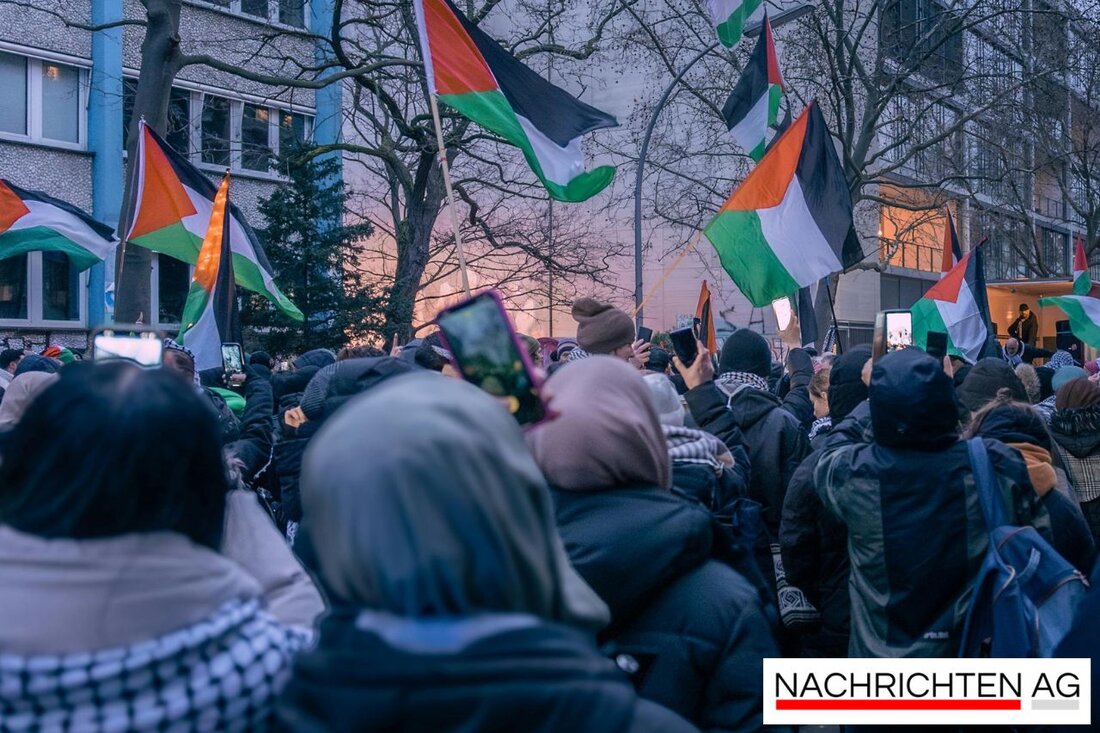Bundeswehr debate in schools: militarization or political education?
Discover the latest developments in Northern Germany: Bundeswehr in schools, commuter problems and European trade issues.

Bundeswehr debate in schools: militarization or political education?
In recent months, the discussion about the presence of the Bundeswehr in schools has gained momentum. Especially since the Ukraine conflict, youth officers have been increasingly in demand to impart political education. “We are not here to promote military service,” explains Captain David Matei, a youth officer who is active in schools. However, this perspective is strongly contested by both the left-wing faction and the Education and Science Union (GEW), which are calling for the Bundeswehr to be removed from the school system and for peace education to be used instead. Loud RND The militarization of education is a central issue, while organizations such as “terre des hommes” also view the Bundeswehr presence with skepticism.
In Bavaria, the state government is even planning a law that would make it easier for the Bundeswehr to access universities, while the changed security situation in Europe after Russia's attack on Ukraine and the fighting in Israel and Palestine is being used as justification. Critics fear that such laws could not only promote military service, but also militarize society. “Education and the military have nothing to do with each other,” said Michael Schulze von Glaßer, managing director of the German Peace Society-VK, in an interview on ZDF.
Commuter problem in northern Germany
Anyone who travels a lot for work in northern Germany can now prepare for a difficult time. From August, the Hamburg-Berlin railway line will be closed until April 2026 for extensive general renovation. This means for commuters from Mecklenburg-Western Pomerania and Brandenburg that they have to switch to buses. Long-distance trains will take around 45 minutes longer to complete the route due to diversions. This infrastructural challenge comes at the worst possible time, as the region is already suffering from the pressure of an increased number of commuters.
Criticism of the militarization of education
The discussion about the role of the Bundeswehr in schools is not new, but it has become more explosive due to the Ukraine conflict and the associated changes in the security debate. Loud Jacobin Education is becoming increasingly militarized, which many experts find problematic. There are already proposals to introduce compulsory visits by youth officers from the ninth grade onwards, which is met with resistance from various quarters. It is demanded that schools should also take positions critical of the military and show civilian alternatives. The question remains as to how neutral and balanced information can actually be conveyed by youth officers, since they are under military command.
The demands for balanced political education and strengthening civil perspectives are therefore more relevant than ever. The current relationship between the Germans and the Bundeswehr also shows a clear trend: while the proximity to the Bundeswehr was characterized by indifference in the past, this attitude has changed since then. Almost 90 youth officers are currently active to raise awareness of security issues, but it remains to be seen how society will view this trend.
With such a background, it becomes clear that there are still many unanswered questions in Germany's educational landscape - both with regard to the role of the Bundeswehr and the overall strategy for shaping the education of the next generations.

 Suche
Suche
 Mein Konto
Mein Konto